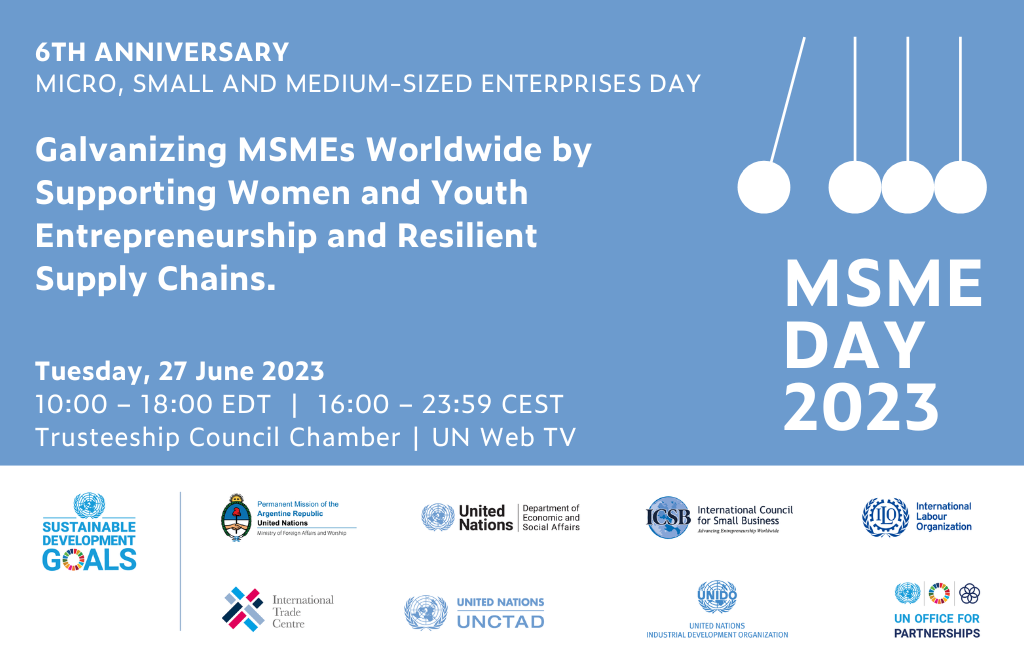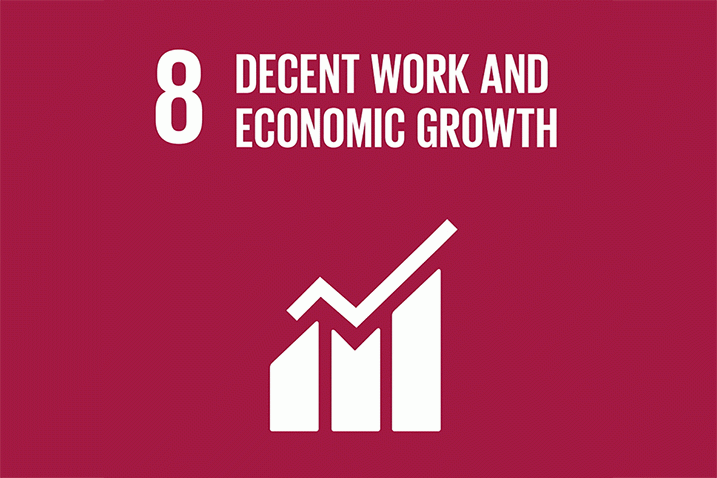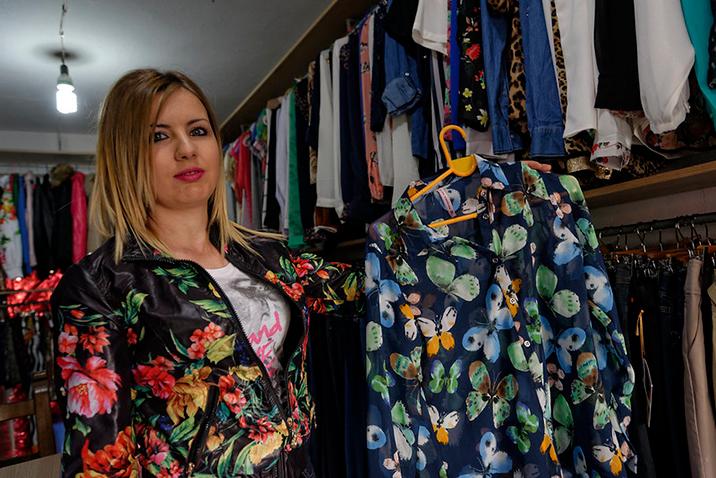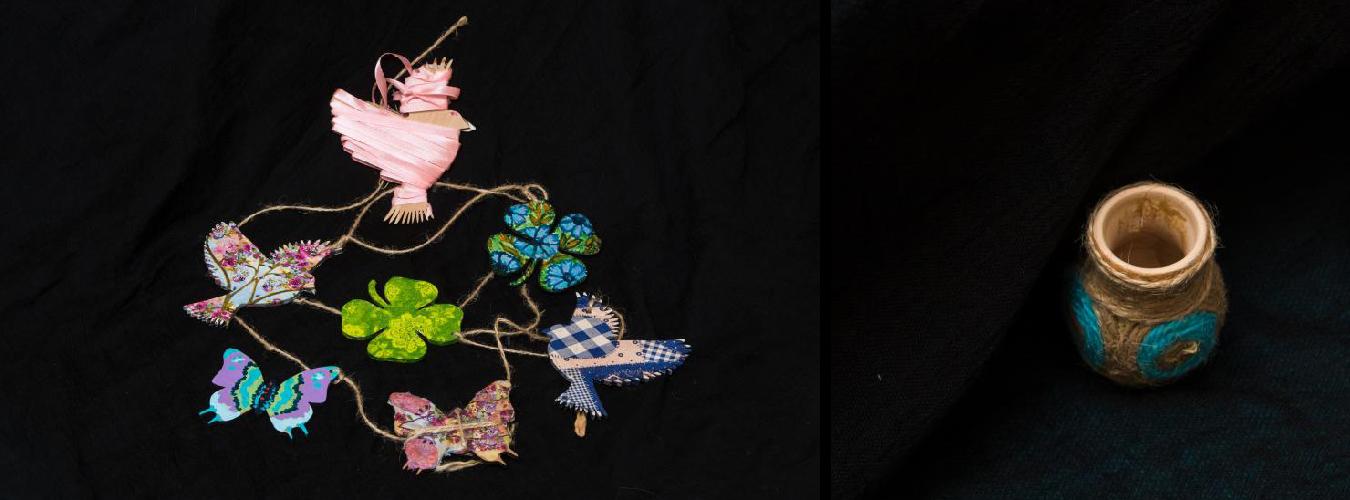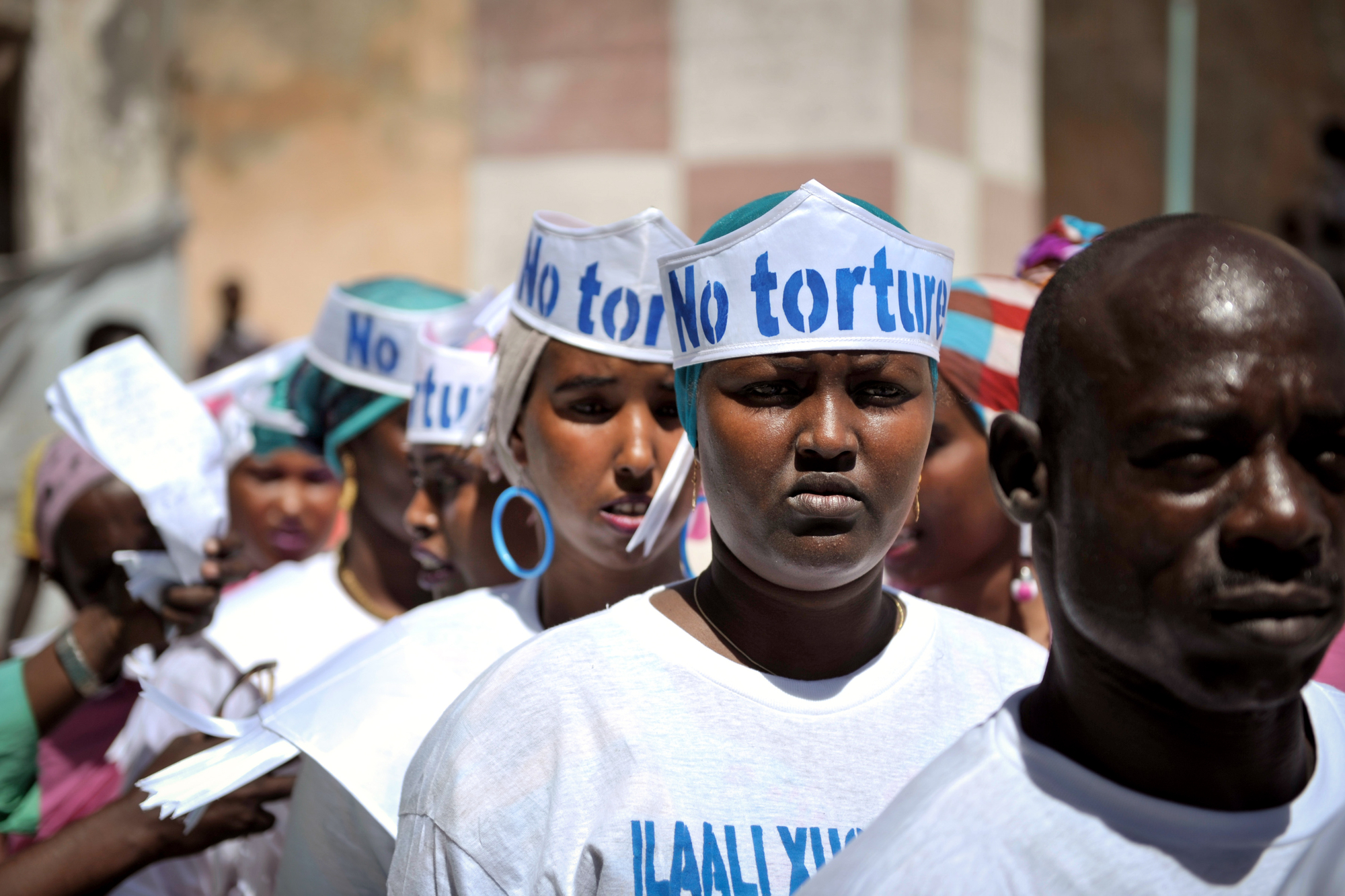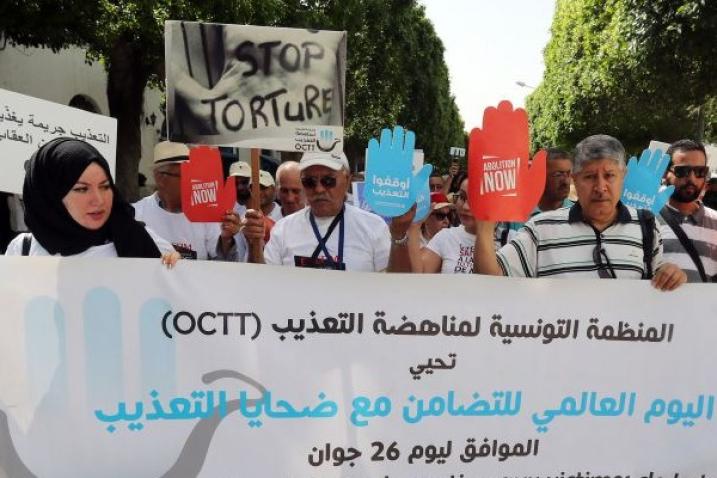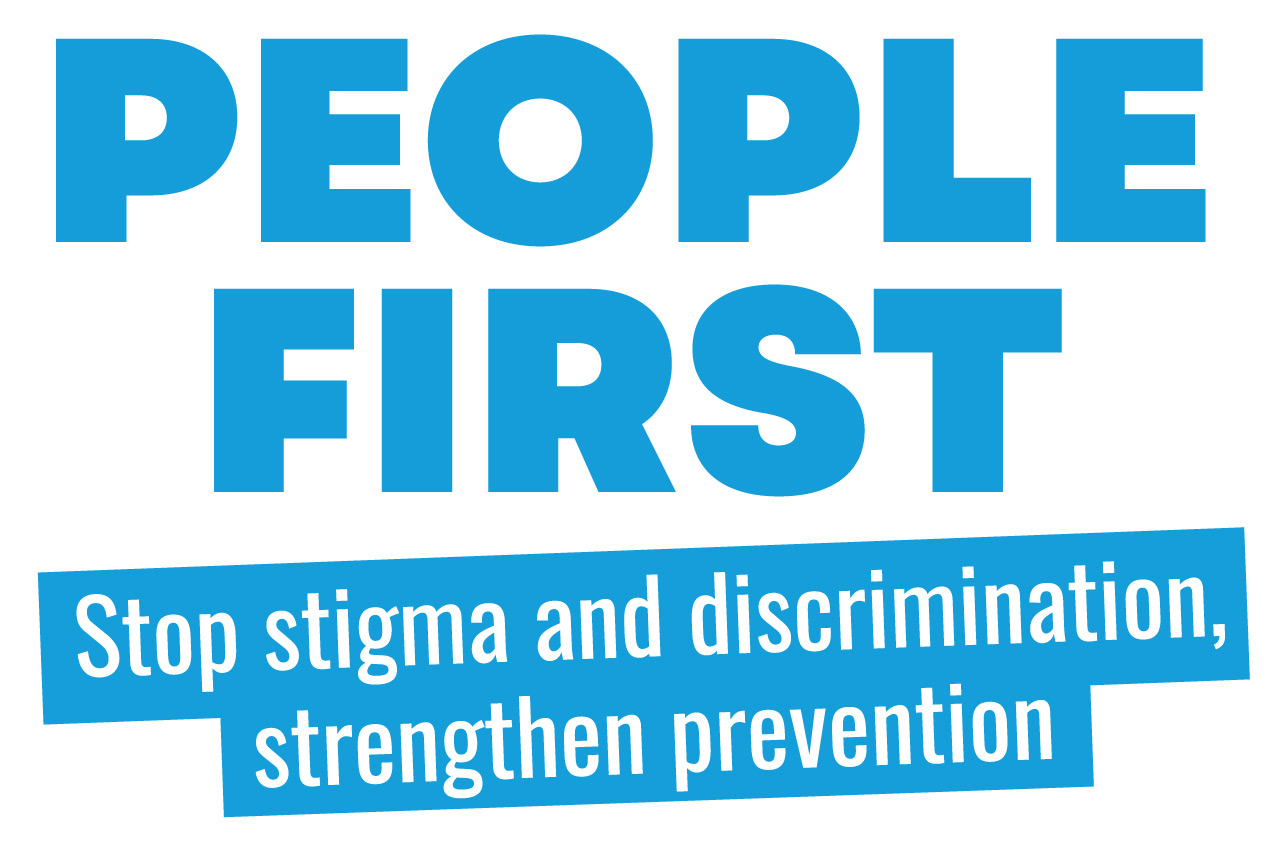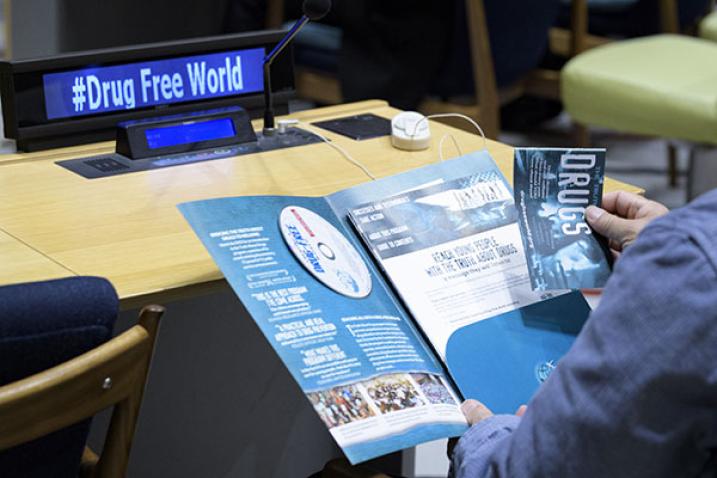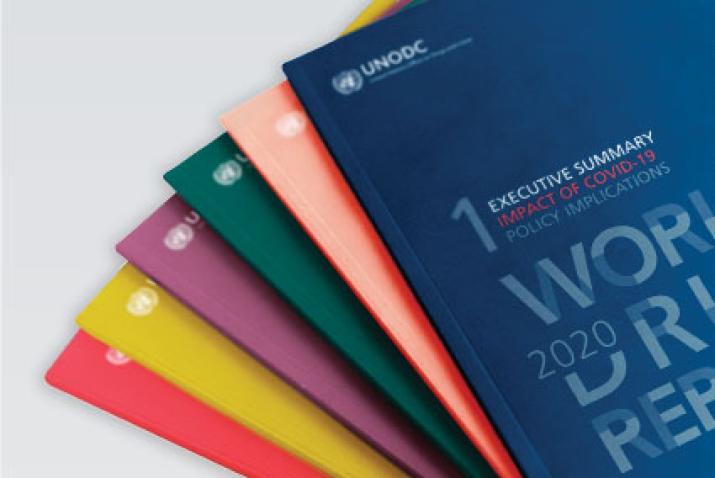
Galvanizing MSMEs worldwide by supporting women and youth entrepreneurship and resilient supply chains
Multiple simultaneous shocks and crises have disturbed the global working environment for entrepreneurs and micro-, small and medium-sized enterprises (MSMEs). In addition, conflicts, commodity dependence, geopolitical tensions, and pandemics drive social and economic instability, making MSMEs extremely vulnerable to rising inflation and supply chain disruptions.
Among the most vulnerable, women- and youth-owned enterprises are often at risk of external shocks. This is when the percentage and overall number of business formations by women and youth are increasing worldwide. However, facing limited access to affordable finance, capacity-building support, partnership networks, and global markets, women and young entrepreneurs need help to overcome the numerous challenges that frequently stifle the growth of their businesses, confining many of them to informality or necessity entrepreneurship.
Policies that strengthen capacities and support MSMEs development and entrepreneurship for women and youth need to be at the forefront to address those challenges, lower and remove barriers, and provide an operating environment for women- and youth-owned businesses to grow, thus contributing to the full achievement of SDGs 1, 4, 5, 8, 9, 10 and the “leave no one behind” promise of the 2030 Agenda for Sustainable Development and its Sustainable Development Goals.
This MSMEs day will also focus on supporting resilient supply chains to ensure workers and the environment benefit. Supply chains are a critical component of global trade and commerce, and conflicts, disasters, and pandemics can quickly impact their functioning, increasing costs and making transactions more difficult. Therefore, policymakers and businesses must join forces to ensure economically viable, socially, and environmentally sustainable supply chains.
2023 Event
27 June 2023
UNHQ, New York
9:30 AM - 5:30 PM EST
Join us for MSME Day 2023, a dynamic event dedicated to celebrating the crucial role of Micro-, Small and Medium-Sized Enterprises (MSMEs) in achieving the 2030 Agenda for Sustainable Development.
Part I | Part II
Background
MSMEs account for 90% of businesses, 60 to 70% of employment and 50% of GDP worldwide. As the backbone of societies everywhere they contribute to local and national economies and to sustaining livelihoods, in particular among the working poor, women, youth, and groups in vulnerable situations.
MSMEs hold the potential to transform economies, foster job creation, and promote equitable economic growth if given adequate support. The MSME Day event aims to highlight their pivotal role and explore opportunities for their further advancement.
The United Nations General Assembly designated 27 June as “Micro-, Small, and Medium-sized Enterprises Day” (A/RES/71/279) to raise awareness of the tremendous contributions of MSMEs to the achievement of the United Nations Sustainable Development Goals (SDGs).
Did you know?
- 600 million jobs will be needed by 2030 to absorb the growing global workforce, which makes SME development a high priority for many governments around the world.
- In emerging markets, most formal jobs are generated by SMEs, which create 7 out of 10 jobs.
- Access to finance is disproportionately difficult for smaller firms in the least developed countries (LDCs), with 41 percent of SMEs in LDCs reporting access to finance as a major constraint to their growth and development, by comparison to 30 percent in middle-income countries (MICs) and only 15 percent in high-income countries (HICs).
Source: World Bank
Related links
- International Trade Center
- UN Department of Economic and Social Affairs
- World Bank MSME Finance
- International Council for Small Businesses
- United Nations Conference on Trade and Development
- United Nations Development Programme
- United Nations Global Compact
- SME Finance Forum
Explore
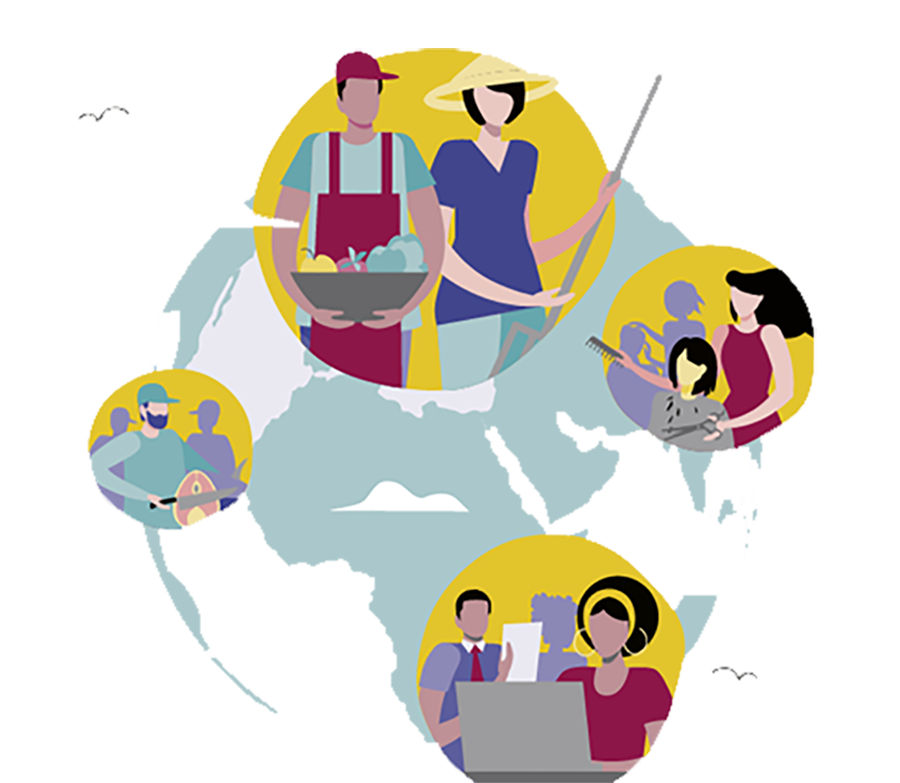
THE POWER OF SMALL: UNLOCKING THE POTENTIAL OF MSMEs
Explore this infostory to discover the full potential of the MSMEs in securing a better future of work of everyone.
Micro-, small and medium sized enterprises are vital in achieving the Sustainable Development Goals. They are an important element in the implementation of SDG 8 (decent work and economic growth) and SDG 9 (industry, innovation and infrastructure.)
From export development to sustainability or e-commerce and export processes, the International Trade Center offers a wide range of courses that can help MSMEs in their growth. Take a look at its varied catalog with training in different languages.
International days and weeks are occasions to educate the public on issues of concern, to mobilize political will and resources to address global problems, and to celebrate and reinforce achievements of humanity. The existence of international days predates the establishment of the United Nations, but the UN has embraced them as a powerful advocacy tool. We also mark other UN observances.


